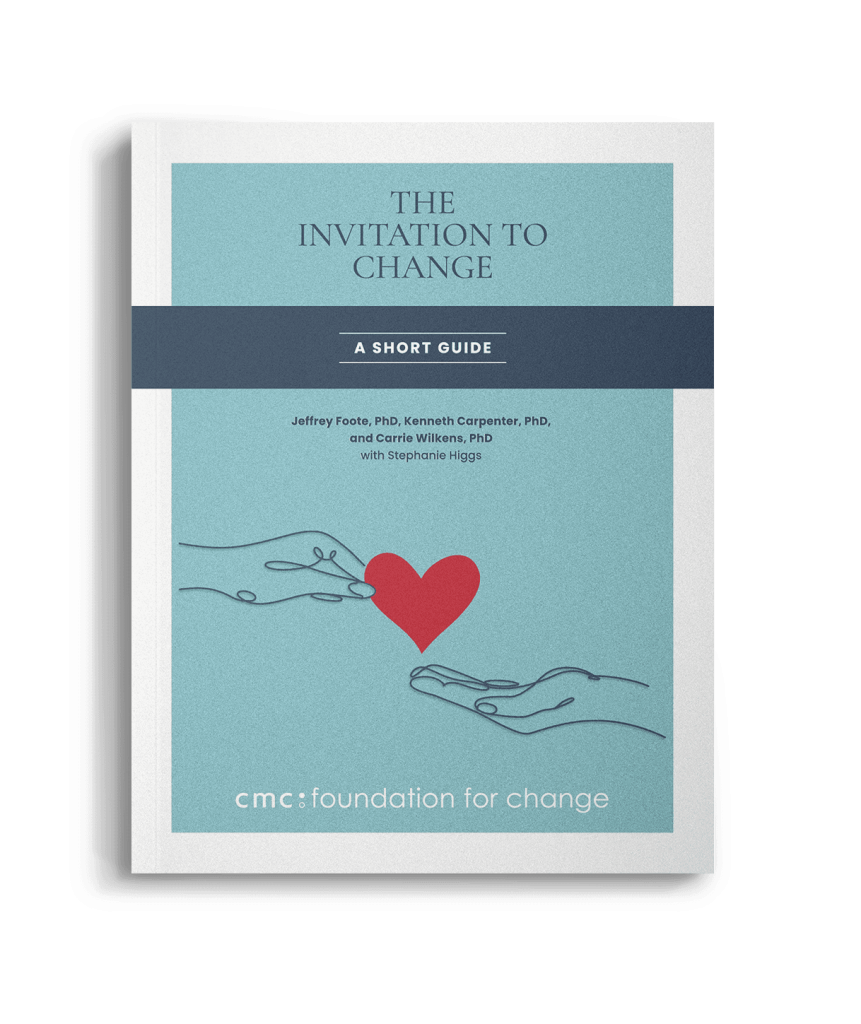As you well know, communication breaks down in the face of stress and high emotion. Therefore, developing new communication strategies may be the most powerful thing you can do to improve your situation and help your child. Good communication is crucial in creating space for change to take place, and it can effectively tip the motivational seesaw towards it. More than that, developing your communication skills will help you feel more understood, listened to, and better in ALL the relationships in which you practice them. You might feel tempted to jump ahead to the “Helping with Actions” section, feeling understandably anxious to see changes in your child’s behavior and start doing what you can as quickly as possible… We urge you, however, to not skip over this communication section because so many of the active strategies of CRAFT that come later truly rely on good, effective communication to have the impact you want, which is why we have purposefully put communication first in the order.
Our topics in this communication section include how to listen more effectively, how to offer feedback and information, and how to make requests most constructively, with the least amount of argumentation or defensiveness. We also discuss the importance of validation and empathy throughout communication, and how to stay out of conversational “traps.” But we begin with the overarching goal: keeping a connection and sense of positive forward movement through a communication. We think of this as keeping track of whether the traffic lights (of communication) are red or green.
Next Page: Communicating with LOVE: Listening


